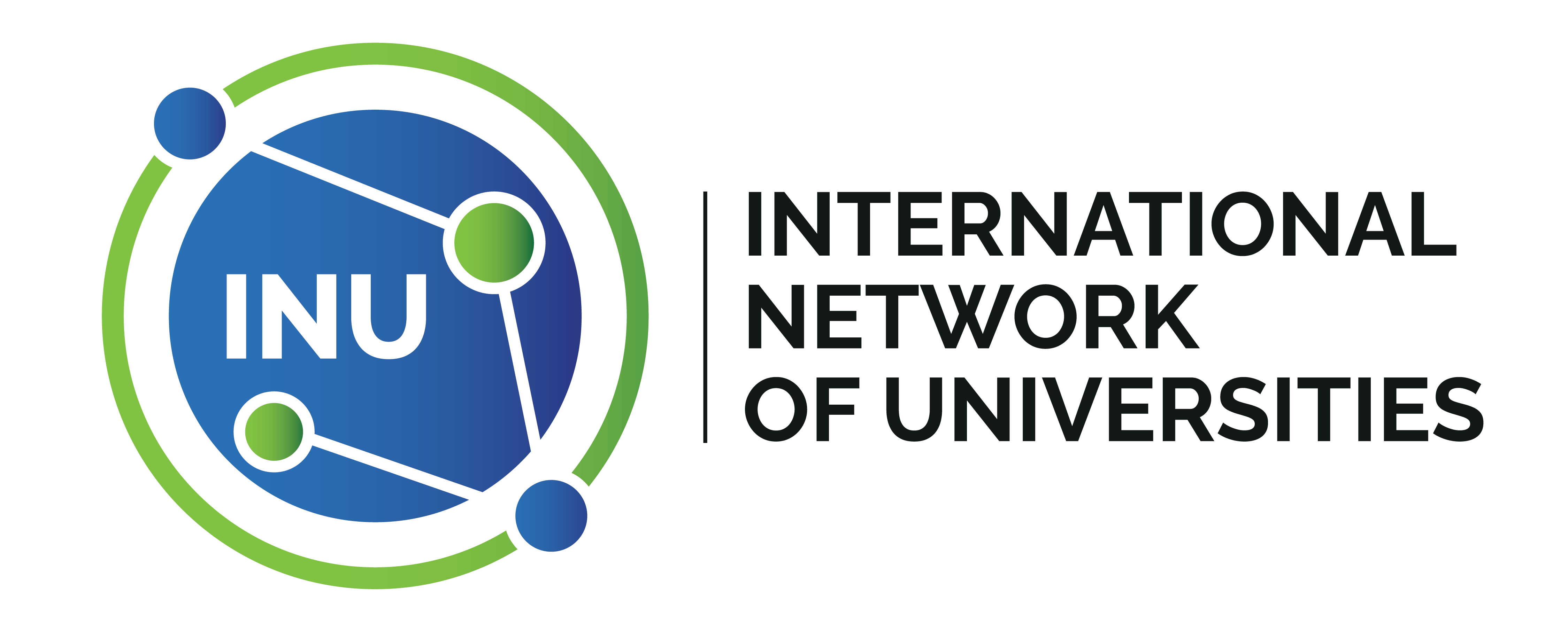With all eyes on the United Nation’s Climate Change Conference in Glasgow, COP26, the INU member universities are playing their part in helping the next generation look for innovative solutions to complex issues and taking forward collaborative projects to work towards fair and equitable transition to climate neutrality.
Also at European University Viadrina (Germany), Prof. Dr. Jens Lowitzsch coordinates the H2020 project SCORE, which deals with consumer ownership in the renewable energy sector. The project’s final conference will be held online from 17 – 18 November 2021. The project is also planning two workshops in December.
Transition to a Just European Circular Society proposal (TRAJECT)
The Kelso Professorship as coordinator has just submitted the Horizon Europe proposal „TRAJECT“ under the Just Transition Call; at European University Viadrina the proposal was developed jointly with Reimund Schwarze and Phillipp Otto.
TRAJECT supports a fair and equitable transition to climate neutrality along the three Tenets of Transitional Justice: distribution, recognition, and procedure. Following their logic requires: firstly to analyse the de facto distributional effects; secondly, understanding justice as recognition to detect whom this transition mostly affects by analysing subjective perceptions and objective capabilities; thirdly, based on best practice to foster procedural justice by developing strategies for active empowerment of those most at risk of being “left behind”.
Energy Transitions 5: Fostering a just transition in Europe
Prof. Lowitzsch is offering an interdisciplinary seminar titled “Energy Transitions 5: Fostering a just transition in Europe” for students of Economics, Law and European Studies at Viadrina.
The course gives an overview of the issues relating to transitional justice concerns with a focus on the twin transitions Energy and Digitisation. The shift to renewables and increased energy efficiency is tied into a social transition affecting society asymmetrically and producing uneven outcomes. A key question of the seminar will therefore be how to understand energy justice and a „just transition“. This includes distributional effects, affected individuals, and empowerment strategies. It places a special emphasis on the formation of renewable energy communities newly introduced in the CEP and social / behavioural aspects of digitisation. Both aspects will play a vital role in the ongoing transition from a rigid and centralized to a decentralized and sustainable energy system based on renewable sources.
